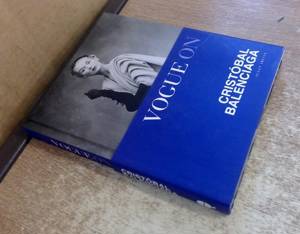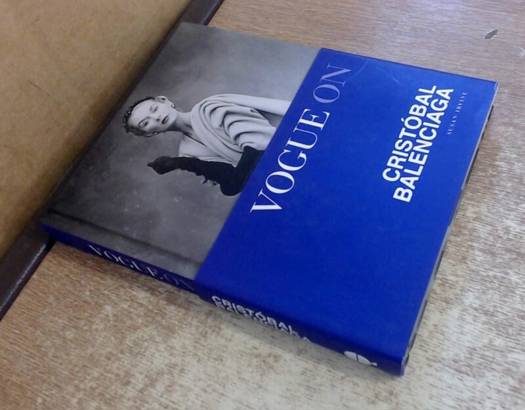
- Afhalen na 1 uur in een winkel met voorraad
- Gratis thuislevering in België vanaf € 30
- Ruim aanbod met 7 miljoen producten
- Afhalen na 1 uur in een winkel met voorraad
- Gratis thuislevering in België vanaf € 30
- Ruim aanbod met 7 miljoen producten
Zoeken
€ 23,95
+ 47 punten
Omschrijving
In 1936, Cristobal Balenciaga opened a fashion house in Paris, after fleeing the Spanish civil war; within a couple of seasons he had raised fashion to the level of art. Christian Dior called Balenciaga 'the master of us all', while Coco Chanel claimed that he alone was 'a couturier in the truest sense of the word... the others are simply fashion designers'. In the Fifties he revolutionized women's silhouette, experimenting with the semi-fitted shape, the sack dress, the cocoon and the babydoll. His innovative designs were famously easy to wear, with one diplomat's wife quipping that she could play golf in her Balenciaga gown. In the Sixties, despite the waning power of couture, he created some of his most imaginative clothes, culminating in the bold, fluid lines of his last two collections. Always something of an enigma, he preferred to let his clothes speak for themselves. Vogue, the international fashion bible, has charted the careers of designers through the decades. Its unique archive of photographs, taken by the leading photographers of the day from Cecil Beaton to Mario Testino, and original illustrations, together with its stable of highly respected fashion writers, make Vogue the most authoritative and prestigious source of reference on fashion. With a circulation of over 160,000 and a readership of over 1,400,000, no brand is better positioned to present a library on the great fashion designers of the modern age.
Specificaties
Betrokkenen
- Auteur(s):
- Uitgeverij:
Inhoud
- Aantal bladzijden:
- 160
- Taal:
- Engels
- Reeks:
Eigenschappen
- Productcode (EAN):
- 9781787138865
- Verschijningsdatum:
- 11/03/2025
- Uitvoering:
- Paperback
- Formaat:
- Trade paperback (VS)
- Afmetingen:
- 160 mm x 211 mm
- Gewicht:
- 640 g

Alleen bij Standaard Boekhandel
+ 47 punten op je klantenkaart van Standaard Boekhandel
Beoordelingen
We publiceren alleen reviews die voldoen aan de voorwaarden voor reviews. Bekijk onze voorwaarden voor reviews.











